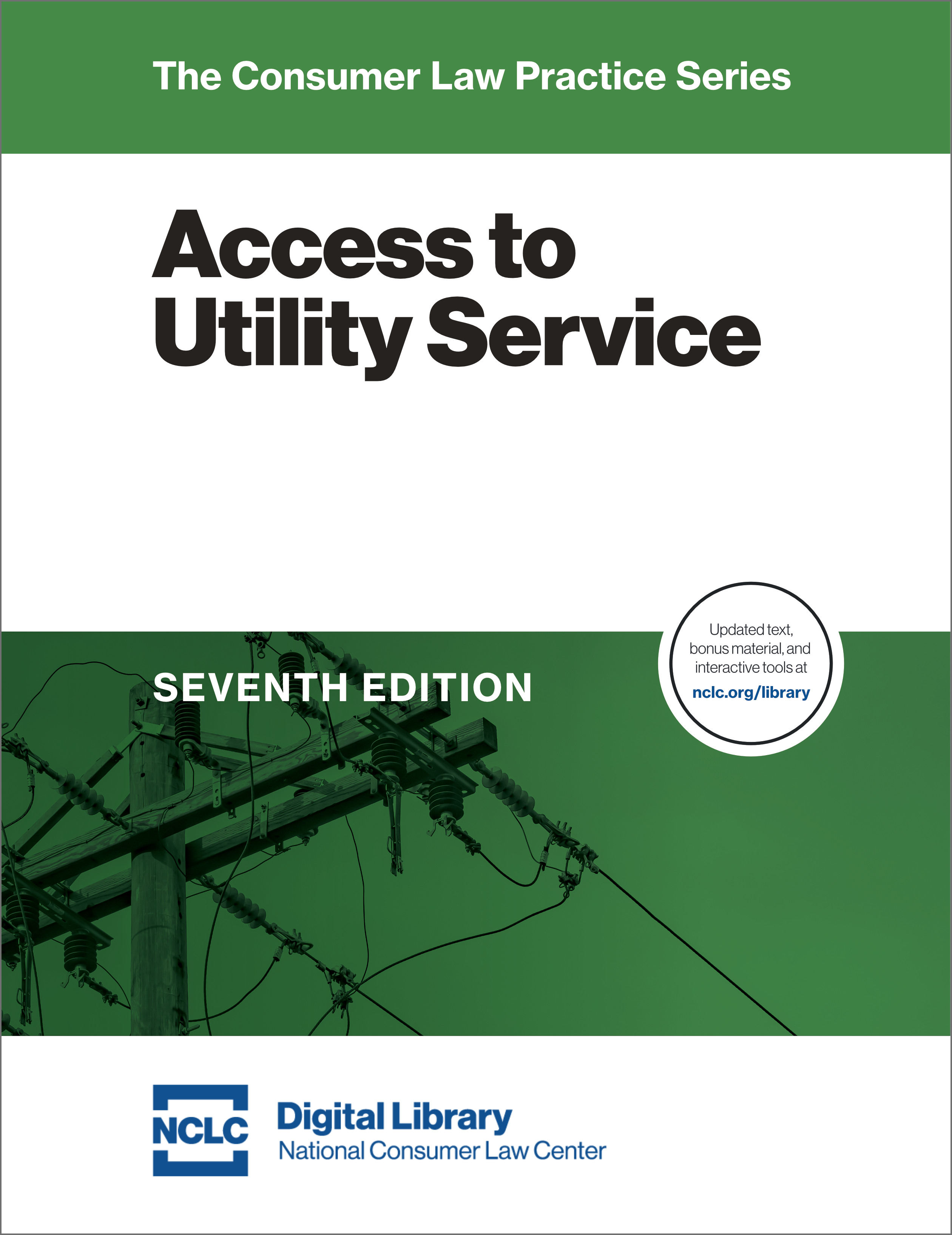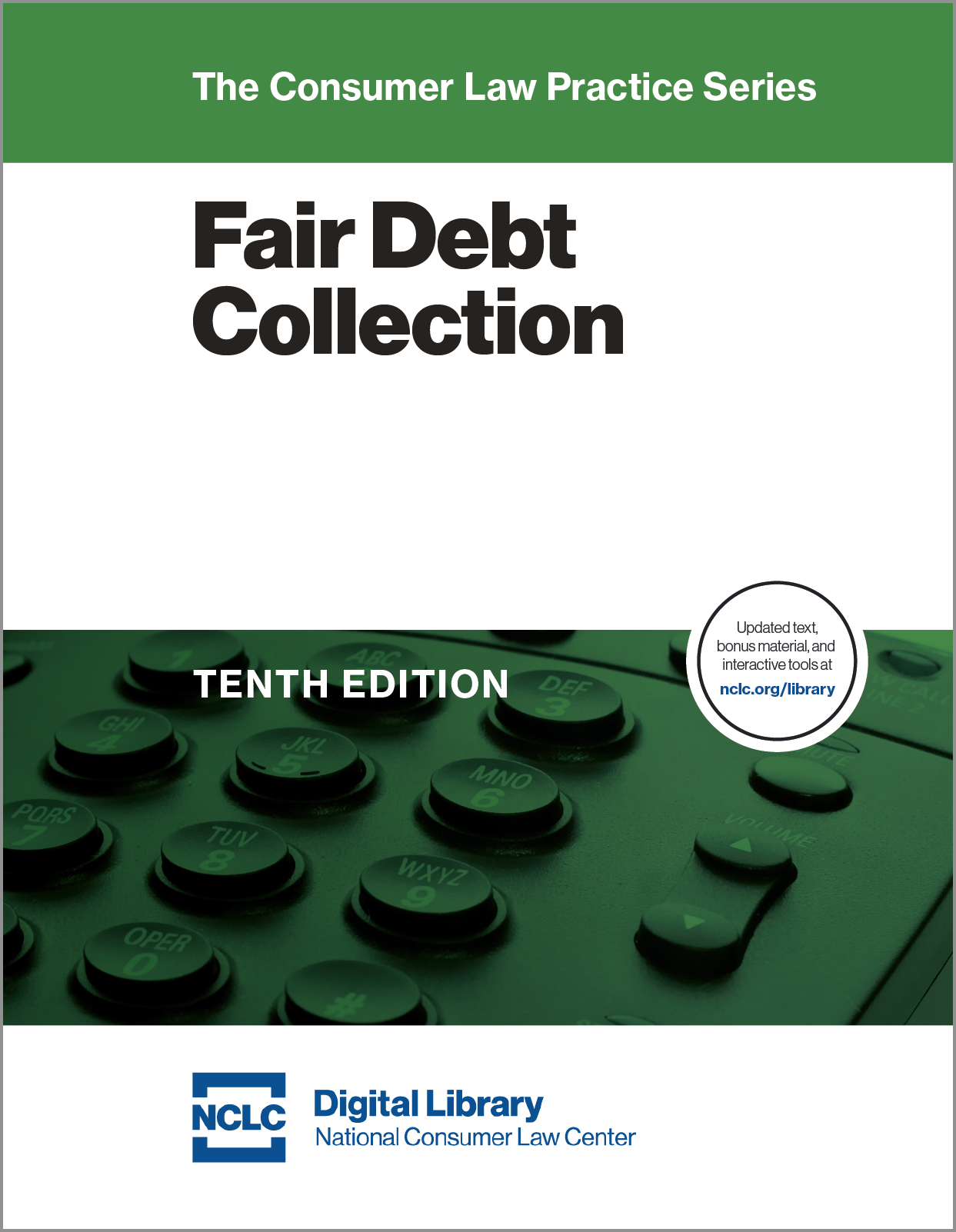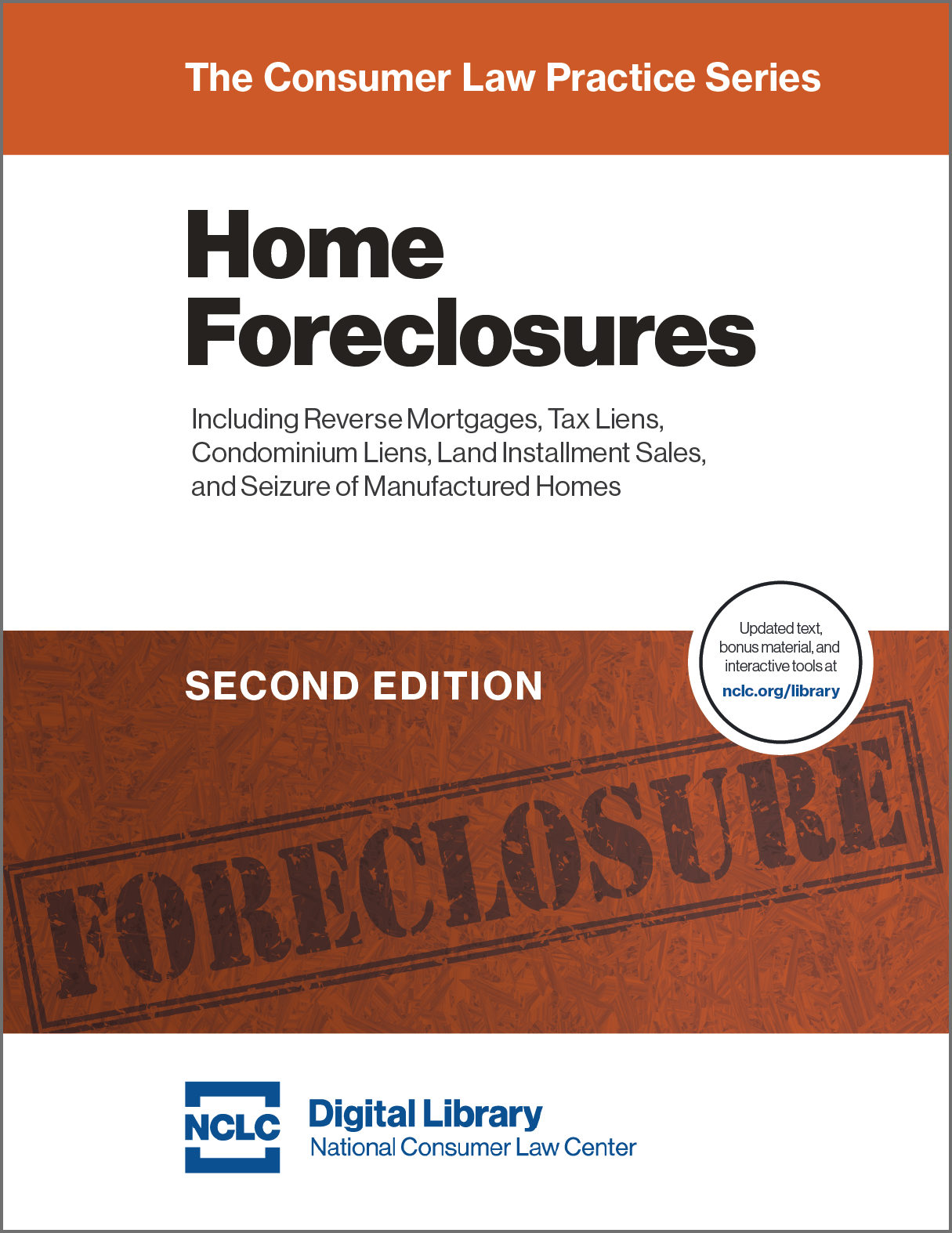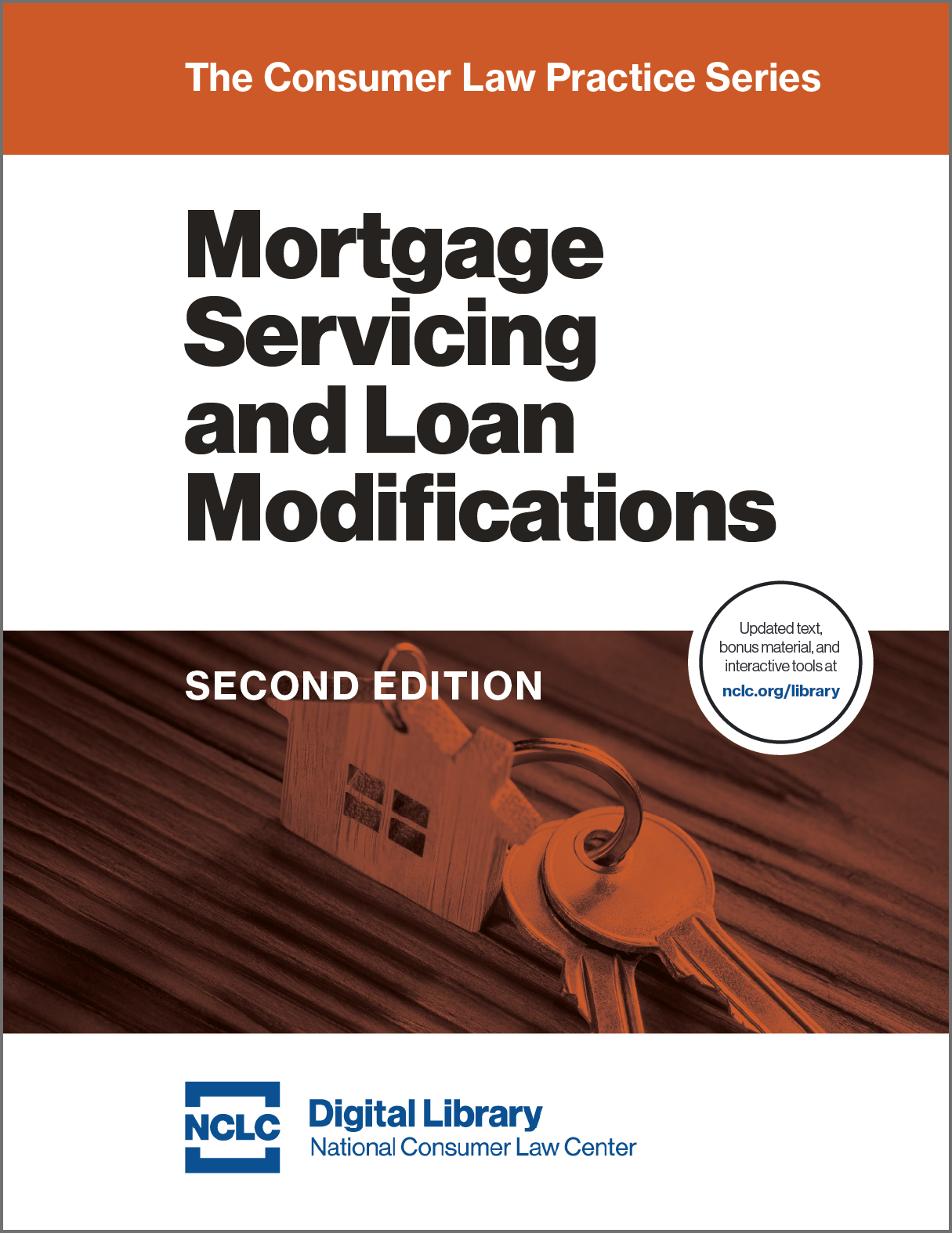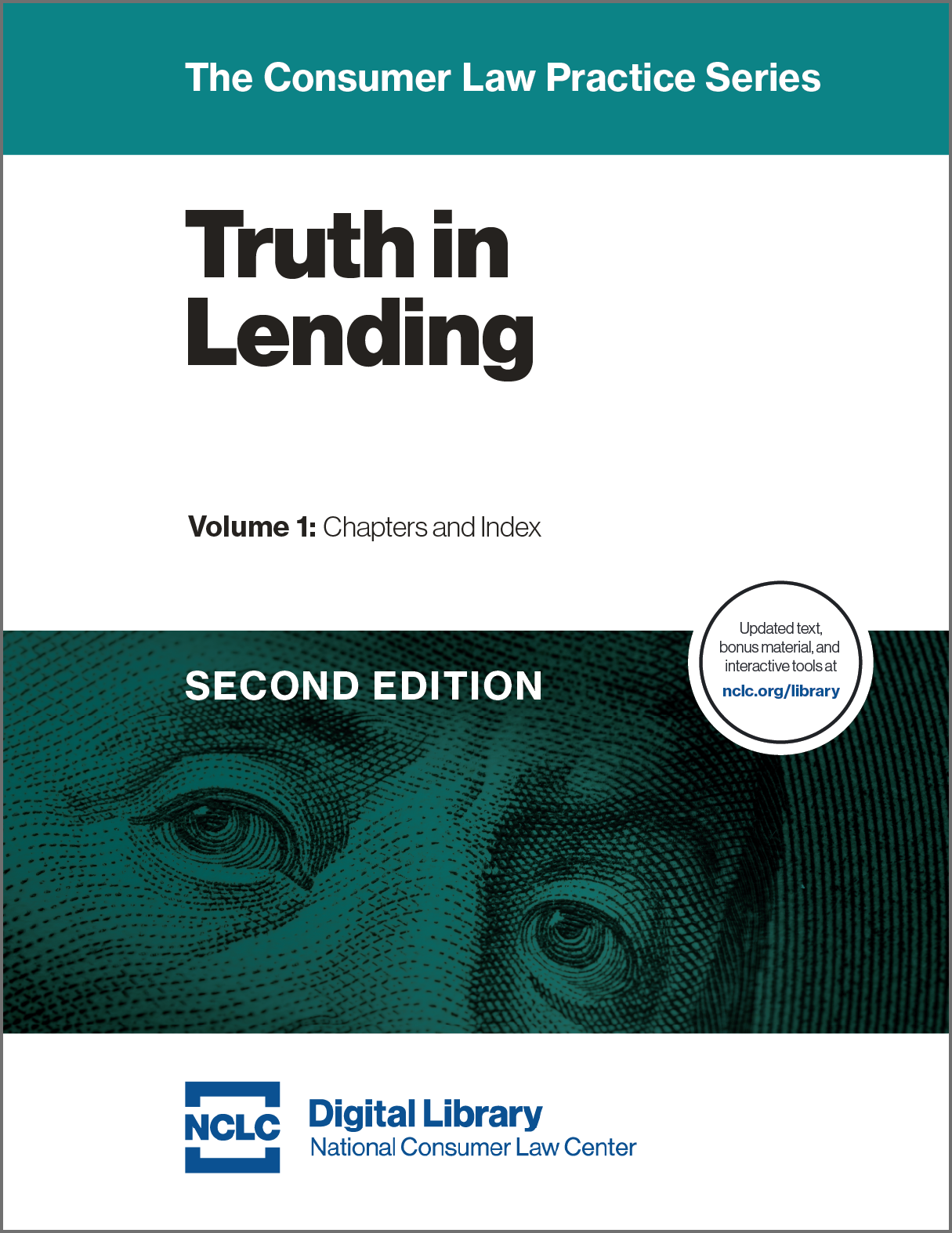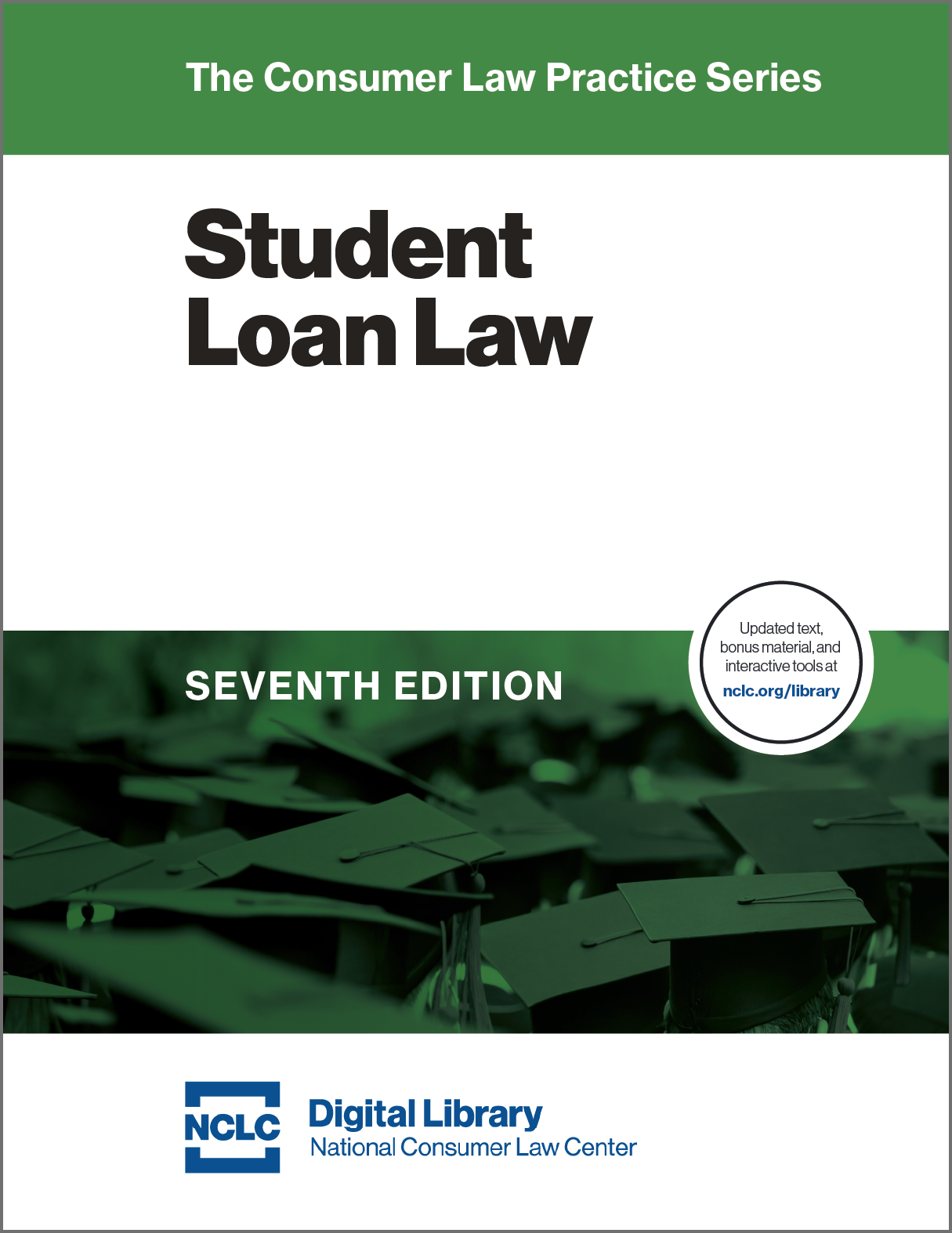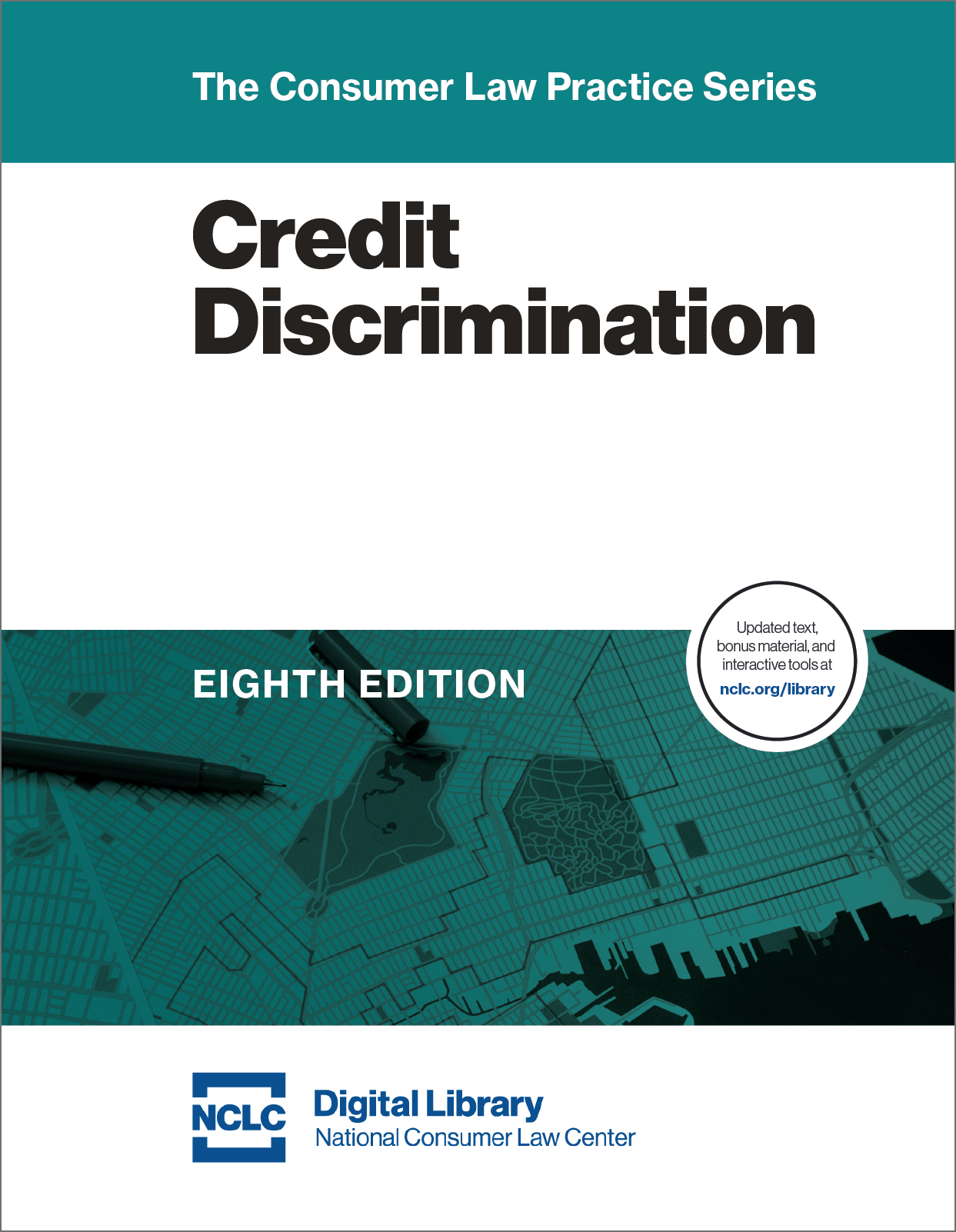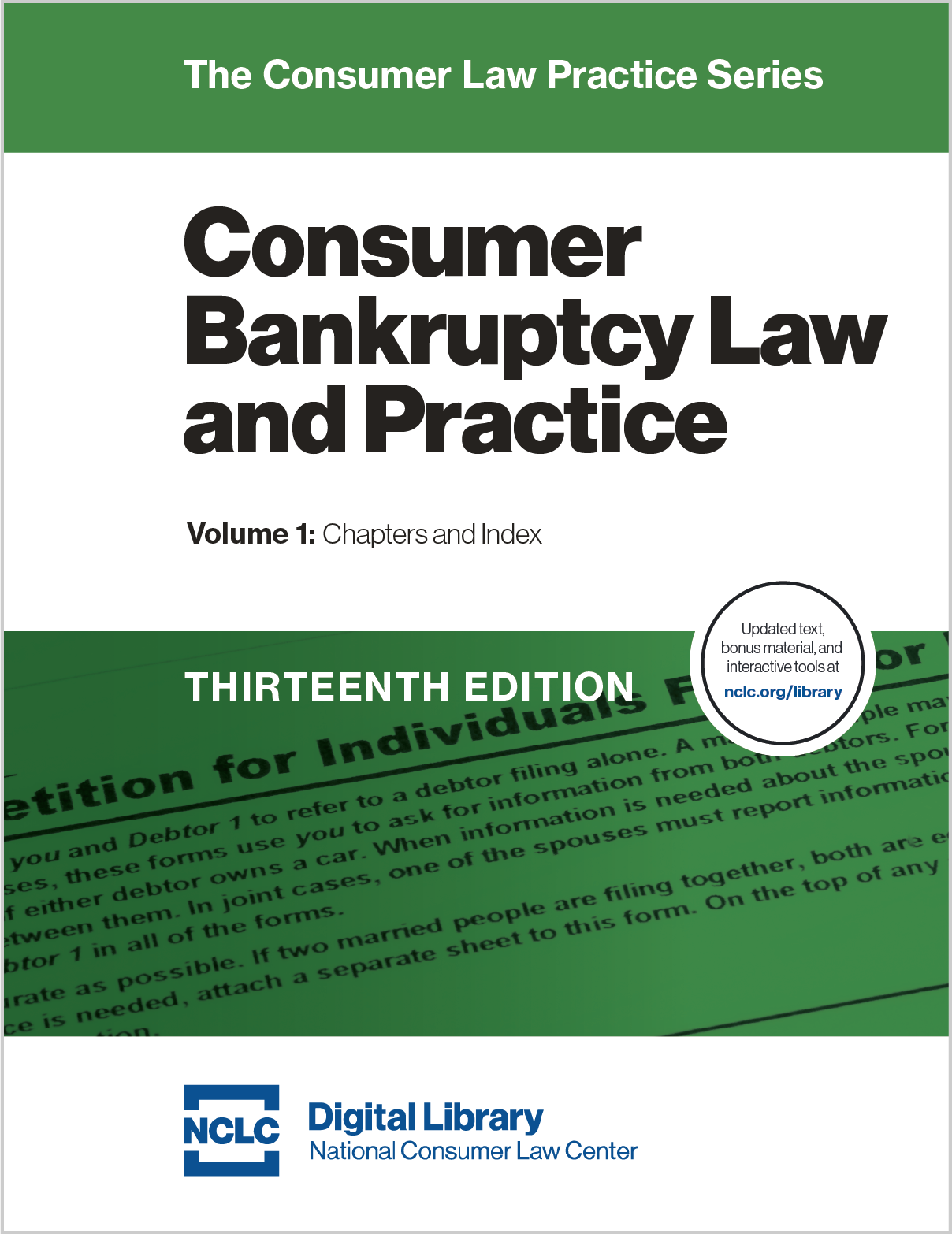Search
Current Options to Lower Mortgage Payments: Consumer Debt Advice from NCLC
Fannie and Freddie Foreclosures Must Meet Constitutional Due Process Standards
Fannie, Freddie Create New Mortgage Loan Modification Program
Two Novel Ways to Eliminate a Foreclosure
Viable FDCPA Claims Arising from Foreclosures After March 20 Supreme Court Decision
Overview
On March 20, 2019, the Supreme Court’s unanimous decision in Obduskey v. McCarthy & Holthus L.L.P. examined liability for violations of the Fair Debt Collection Practices Act (FDCPA) that are committed in non-judicial foreclosures. This article considers which FDCPA claims arising from foreclosures are viable post-Obduskey.
The Federal Housing Finance Agency’s Principal Reduction Modification Program (Very Modest and Very Late)
On April 14, 2016 the Federal Housing Finance Agency (FHFA) announced what it described as its final loss mitigation initiative of the foreclosure crisis, a “Principal Reduction Modification Program.” The Program will apply to a limited number of loans owned or insured by Freddie Mac or Fannie Mae. Borrowers will not be able to apply for these modifications.
Mortgage Relief for Homeowners Affected By COVID-19
Bankruptcy’s Role in Alleviating Criminal Justice Debt
Unpaid criminal justice debt can have draconian consequences, and this article explains how a bankruptcy filing can sometimes be effective in reducing that debt. Although criminal fines and restitution orders are not dischargeable in bankruptcy, other portions of a filer’s criminal justice debt may be dischargeable. The article also links to several resources covering this topic: a free May 13 webinar, a recent report, and NCLC treatises.
Image
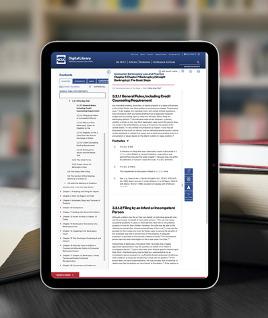
Our Five Favorite New Features on NCLC’s Revamped and Enhanced Digital Library
Here are our five favorite new features on the revamped NCLC Digital Library, giving you a faster, easier reading experience, letting you view extra content related to the page you are viewing, adding powerful new search options, offering at no charge over 1400 written submissions at NCLC conferences, and including free to the public 6000 chapter and appendix subsections.
Last Minute Relief for Foreclosed and Struggling Homeowners Now Filing Their Taxes
As explained in this article, February legislation provides important tax relief to homeowners who faced foreclosure, short sales, or loan modifications in 2017. The Qualified Principal Residence Indebtedness exclusion that had expired after 2016 has been extended, allowing homeowners to continue excluding certain forgiven mortgage debt from taxable income.
Sup. Ct. Sets Standard for Consumer Relief for Collection on Debt Discharged in Bankruptcy
On June 3, the Supreme Court set the standard for consumer recovery of damages, punitive damages, and attorney fees for collection of debts discharged in bankruptcy. This article also explains that judgments on discharged debts are void, describes the advantages of FDCPA remedies, and provides a comparison between remedies for automatic stay violations and discharge violations.
When (and When Not) to File Bankruptcy
This article helps practitioners advise clients whether they should file bankruptcy, with the top 7 reasons to file and not to file bankruptcy, the proper time to file bankruptcy, and the cost of filing. The article details 6 surprising bankruptcy facts that dispel client reluctance to file a chapter 7 bankruptcy and lists sources for finding a bankruptcy attorney and more bankruptcy resources.
Image

15 Ways to Fight Foreclosure of Zombie Second Mortgages
As the name suggests, zombie mortgages can be terrifying. They rise from the dead, appear without warning, and seize homes. And they are appearing now more than ever. A new NCLC Digital Library article explains what they are, why they are now such a problem, and fifteen ways homeowners can stop foreclosures of zombie mortgages. The article also links to additional resources.
Image
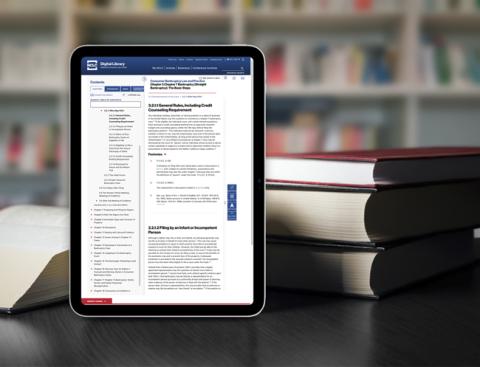
5,000 Practice Aids Free on the NCLC Digital Library
The NCLC Digital Library contains a lot more than just subscription content. The Library makes free to the public over 5,000 practice aids plus, for members of the consumer law community, another 2,300 videos and speaker written submissions from past NCLC/NACA conferences. All this material can be downloaded and is fully searchable. This article provides ten tips to make the most from these free resources—how to locate and best utilize the practice aids.
12 Ways to Fight Foreclosure of Zombie Second Mortgages
As the name suggests, zombie mortgages can be terrifying. They rise from the dead, appear without warning, and seize homes. And they are appearing now more than ever. This article explains what they are, why they are now such a problem, and twelve ways homeowners can stop foreclosures of zombie mortgages. For even more detail, see a new Chapter 11a in NCLC’s Home Foreclosures.
Supreme Court Ruling Impacts Consumer Creditors of Bankrupt Companies
A June Supreme Court ruling disallows a scheme by individuals to use a corporate bankruptcy of their closely held business to evade individual liability for fraud, UDAP, and tort claims. This article explains the holding’s implications for consumer claims involving corporations in bankruptcy and lists 12 steps victimized consumers can take to preserve their rights when faced with a corporate bankruptcy filing.
